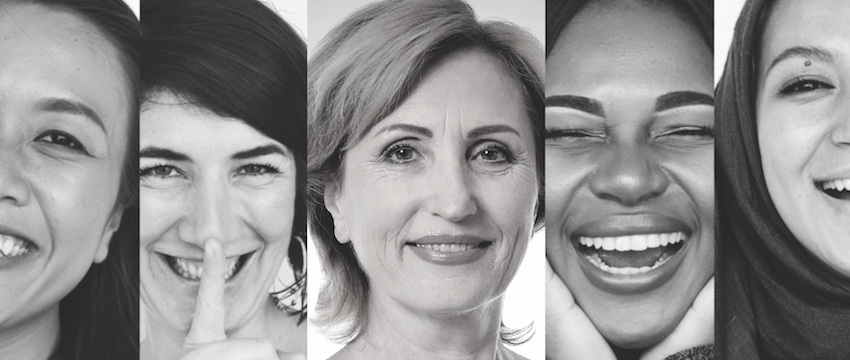
Knowing one’s personal risk can aid in detecting cancer or pre-cancer at its earliest stages.
For the most part, I would say women agree that screening for breast cancer with annual mammography is very important. But while mammography is effective at detecting breast cancer, it does nothing for prevention. Do you truly understand your personal risk of developing breast cancer?
In the general population, about 12 percent of women (one in eight) will develop breast cancer over the course of a lifetime. In our practice, however, we see many women who have a much higher lifetime risk of developing breast cancer—20 to 30 percent or greater. So how do we identify these women? And is your risk of developing breast cancer elevated?
Know Your Risk Factors
About 70 percent of breast cancer cases are due to sporadic causes, which means only 30 percent are attributable to genetic factors. Of the cases that are genetic in origin, five to 10 percent are related to the breast cancer genes (BRCA 1 and 2), and 10 to 15 percent are seen in family clusters.
Factors that increase the risk of breast cancer include early puberty (before age 12) and late menopause (after age 55). Women who go through menopause after age 55 have a two-fold increase in breast cancer compared to women who enter menopause younger than age 45. In addition, women who have never been pregnant and those who are older at the time of their first pregnancy share an increased risk of developing breast cancer. Women who have their first birth after the age of 30 have twice the risk of developing breast cancer as women who have their first birth at age 20. The risk is highest for women who have their first child after age 35.
Another risk factor is having dense breasts. Dense breasts have less fatty tissue, and tissue density correlates directly with the increased risk of mammographic failures in detecting cancer. As such, women with heterogeneously dense and extremely dense breast tissue should be offered second imaging modalities (like breast ultrasound) to increase cancer detection over standard mammography alone. In addition, women with dense breasts should choose 3D mammography, or tomosynthesis, which has a better detection rate with less likelihood of “missing” cancer due to its enhanced visualization of dense tissue. If you are unsure if your breast tissue is dense or not, educate yourself and ask your provider to help interpret your most recent mammogram report.
Finally, lifestyle factors play a significant role in breast cancer risk. In fact, 30 percent of breast cancers can be attributed to unhealthy lifestyles and could thus be prevented. Obesity, lack of exercise, alcohol intake and eating a standard American diet (inadequate intake of vegetables and fruits, and high in sugar and unhealthy fats) all increase the risk of developing breast cancer.
Obesity increases the risk of postmenopausal breast cancer, as well as the risk of relapse after breast cancer diagnosis. It also diminishes the response to chemotherapy and decreases survival. Alcohol intake can increase the risk of breast cancer with just three drinks per week, while binge drinking greatly increases the risk associated with cumulative alcohol intake over a lifetime.
Personalized Medicine at Its Best
So, back to the original question. How do we identify women at higher risk of developing breast cancer? Knowing each woman’s individual risk is very important because it drives decision making to help lower or modify that risk.
Genetic testing is available through the Myriad myRisk® hereditary cancer panel—a 29-gene panel that identifies elevated risk for eight hereditary cancers, including breast, ovarian, uterine, colorectal, pancreatic, gastric, prostate and melanoma. This testing includes a score using clinical risk factors and genetic markers to provide women with their remaining lifetime and five-year risk for developing breast cancer. It is personalized, precision medicine at its finest.
Knowing one’s personal risk of breast cancer is powerful because we can use that information to potentially change the trajectory of cancer. We can provide education about ways to lower personal risk and recommend additional screening modalities to aid in detecting cancer or pre-cancer at its earliest stages. In fact, we have developed a personalized, lifestyle-based program called PREVENT, which uses individualized testing and other innovative tools to help women lower their risk of developing cancer. This program addresses nutrition, exercise, hormone metabolization, inflammation and detoxification as it pertains to lowering the risk of breast cancer.
You deserve the very best in personalized medicine. Knowledge is power! Rest assured that we are here to empower you to know your risk—and use it to outsmart cancer. iBi
Dr. Michele Couri, MD, FACOG, ABIHM is a board-certified obstetrician/gynecologist and medical director at the Couri Center for Gynecology and Integrative Women’s Health.

